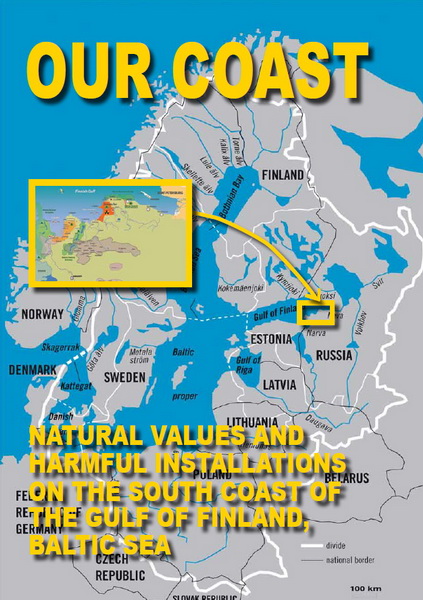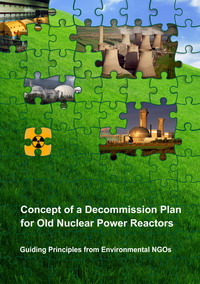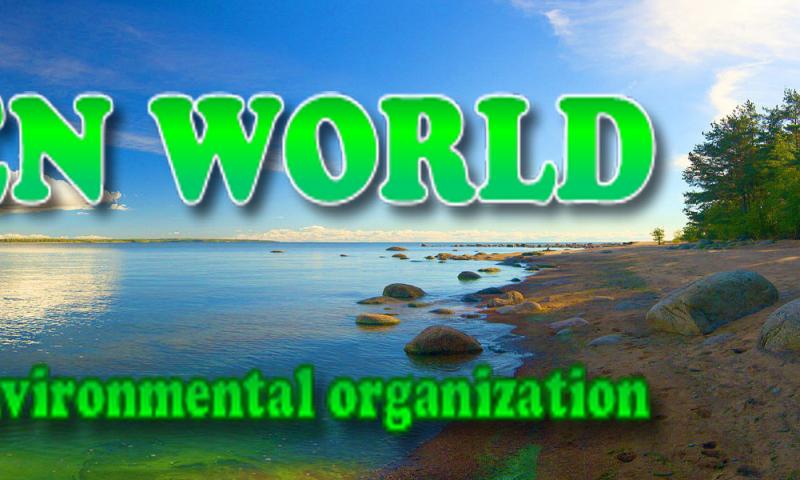
 |
The South Coast of the Gulf of Finland |
|---|---|
| Natural Values and Harmful Installations |
 |
Concept of a decommission plan for old nuclear power reactors |
|---|---|
| Guiding Principles from Environmental NGOs |



 |
The South Coast of the Gulf of Finland |
|---|---|
| Natural Values and Harmful Installations |
 |
Concept of a decommission plan for old nuclear power reactors |
|---|---|
| Guiding Principles from Environmental NGOs |